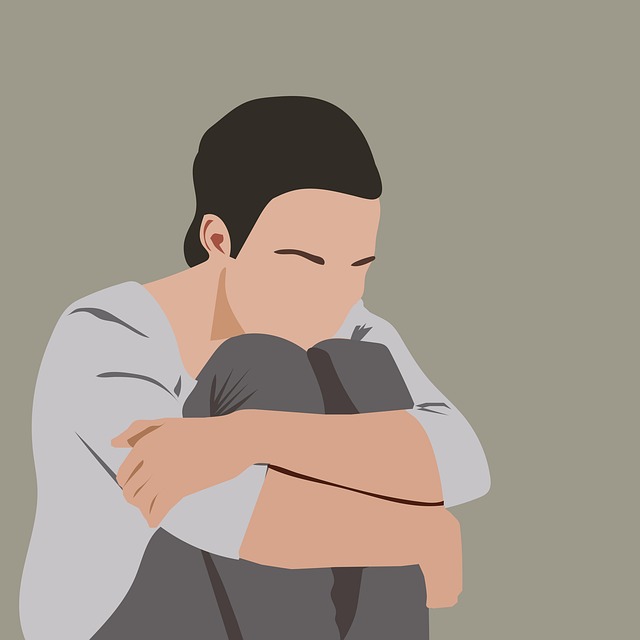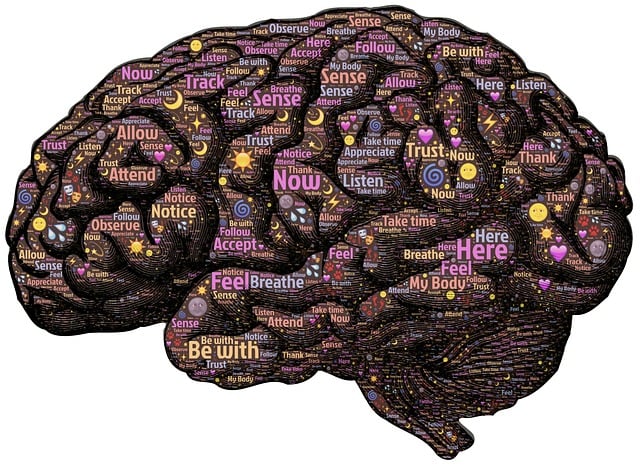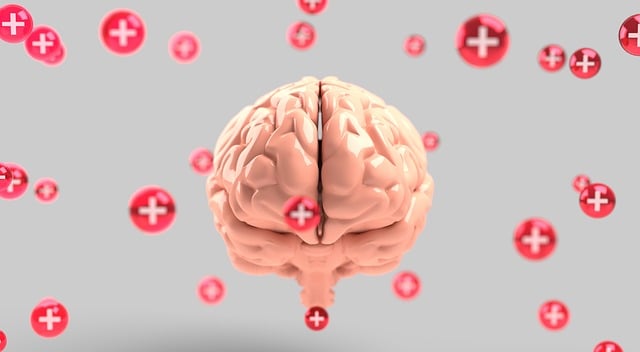Self-care is vital for managing conditions like Longmont Panic Disorder and Anxiety Attacks, focusing on stress management, physical activity, mindfulness, and setting boundaries. Recognizing personal stress triggers through therapy helps develop effective coping mechanisms. Mindfulness techniques, exercise, and proper sleep are key strategies in anxiety management, as emphasized in Longmont Panic Disorder and Anxiety Attacks Therapy. Professional therapy sessions and community support groups provide robust coping strategies and support for long-term mental well-being.
Self-care is an essential practice for maintaining mental wellbeing, especially for those dealing with conditions like Longmont Panic Disorder and Anxiety Attacks. This article explores a comprehensive guide to enhancing self-care routines. We delve into understanding the cornerstone of self-care, identifying personal stress triggers, and implementing effective coping mechanisms. Additionally, it highlights the integration of mindfulness, relaxation techniques, physical health management, and building resilient strategies, including professional support for anxiety disorders.
- Understanding Self-Care: The Cornerstone of Mental Wellbeing
- Identifying Personal Stress Triggers and Coping Mechanisms
- Incorporating Mindfulness and Relaxation Techniques for Daily Calming
- Nurturing Physical Health: Exercise, Nutrition, and Sleep for Anxiety Management
- Building Resilient Coping Strategies: Professional Support and Community Resources for Longmont Panic Disorder and Anxiety Attacks
Understanding Self-Care: The Cornerstone of Mental Wellbeing

Self-care is a fundamental aspect of maintaining and enhancing mental wellbeing. It involves intentional actions taken to nurture one’s physical, emotional, and psychological health. For many individuals struggling with conditions like Longmont Panic Disorder and Anxiety Attacks, prioritizing self-care becomes an essential tool in their therapeutic journey. By incorporating practices that alleviate stress and promote inner peace, people can better manage their symptoms and improve overall quality of life.
Understanding the importance of self-care is the first step towards a healthier mind. It’s not about indulging in luxurious activities but rather creating a balanced routine that respects individual needs. This might include stress management techniques, engaging in regular physical activity, cultivating mindfulness practices, and setting healthy boundaries to prevent burnout. By embracing the mind over matter principles, individuals can gain control over their mental health, fostering resilience and a sense of calm amidst life’s challenges.
Identifying Personal Stress Triggers and Coping Mechanisms

Recognizing personal stress triggers is a pivotal step in enhancing self-care practices and building resilience. Many individuals grapple with mental illness, such as Longmont Panic Disorder and Anxiety Attacks, which can be significantly impacted by identifying and managing stressors. Through therapy, one can learn to recognize patterns and triggers that set off anxiety or panic attacks, enabling them to develop effective coping mechanisms. This process involves understanding unique personal responses to various stimuli, whether it’s specific situations, people, or internal thoughts.
By addressing these triggers, individuals can employ healthier coping strategies. For instance, deep breathing exercises, mindfulness practices, and cognitive-behavioral techniques taught in therapy sessions can help manage anxiety symptoms. Additionally, Mental Illness Stigma Reduction Efforts play a crucial role in encouraging open dialogue about mental health challenges, fostering a supportive environment where individuals feel comfortable seeking help without fear of judgment. This, in turn, promotes better self-care and improved overall well-being.
Incorporating Mindfulness and Relaxation Techniques for Daily Calming

Incorporating mindfulness and relaxation techniques into your daily routine can serve as a powerful tool for managing anxiety and panic disorders, right in the comfort of your home. These practices are essential components of Longmont Panic Disorder and Anxiety Attacks Therapy, focusing on emotional regulation as a core strategy. By dedicating even just a few minutes each day to calming activities, you can significantly improve your mental health and overall well-being.
A simple yet effective approach is to engage in deep breathing exercises or guided meditations designed to soothe the mind and body. These techniques help reduce stress levels and teach individuals how to recognize and manage anxious thoughts. Incorporating such practices into a structured self-care routine, alongside other activities like regular exercise and adequate sleep, can foster a sense of calm and resilience against mental health challenges. This proactive approach aligns with the principles of Risk Management Planning for Mental Health Professionals, emphasizing preventive care and emotional well-being.
Nurturing Physical Health: Exercise, Nutrition, and Sleep for Anxiety Management

Nurturing Physical Health is a vital component of managing anxiety and can significantly impact those seeking Longmont Panic Disorder and Anxiety Attacks Therapy. Regular exercise plays a crucial role in boosting mood and reducing stress levels, offering an effective yet often overlooked approach to self-care. Even moderate physical activity, such as daily walks or gentle yoga, has been shown to enhance mental well-being, providing a natural way to alleviate anxiety symptoms.
Alongside exercise, proper nutrition and adequate sleep are essential pillars of a healthy lifestyle that supports better mental health. Balanced meals rich in vitamins and minerals fuel both the body and mind, contributing to improved focus and emotional regulation. Equally important is prioritizing sleep, as quality rest allows for effective stress management and promotes resilience against anxiety. Developing a consistent self-care routine that incorporates these physical health practices can be transformative, fostering confidence boosting strategies while also offering valuable conflict resolution techniques for those navigating anxiety disorders.
Building Resilient Coping Strategies: Professional Support and Community Resources for Longmont Panic Disorder and Anxiety Attacks

In navigating the challenges of Longmont Panic Disorder and Anxiety Attacks, building resilient coping strategies is paramount for long-term mental well-being. Professional support plays a crucial role here; therapy sessions offer safe spaces to understand triggers, manage symptoms, and develop personalized strategies. Through various therapeutic approaches such as cognitive behavioral therapy (CBT), individuals can gain insights into their anxiety patterns, learn stress management techniques, and enhance emotional intelligence—all vital skills for overcoming panic attacks.
Community resources complement professional care by providing additional support networks. Local support groups in Longmont offer a sense of community among those dealing with similar disorders, fostering social connections that promote healing. Moreover, these platforms often incorporate skill-building workshops focusing on emotional awareness and social skills training, further bolstering individuals’ ability to manage anxiety and lead fulfilling lives.
Self-care is a powerful tool in managing and overcoming challenges like Longmont Panic Disorder and Anxiety Attacks. By understanding our personal needs, identifying triggers, and adopting healthy habits, we can significantly improve mental wellbeing. Incorporating mindfulness, physical exercise, and proper nutrition creates a resilient foundation for coping. Additionally, seeking professional support and connecting with community resources opens doors to effective therapy, enabling individuals to navigate their journey towards a calmer and more balanced life.














